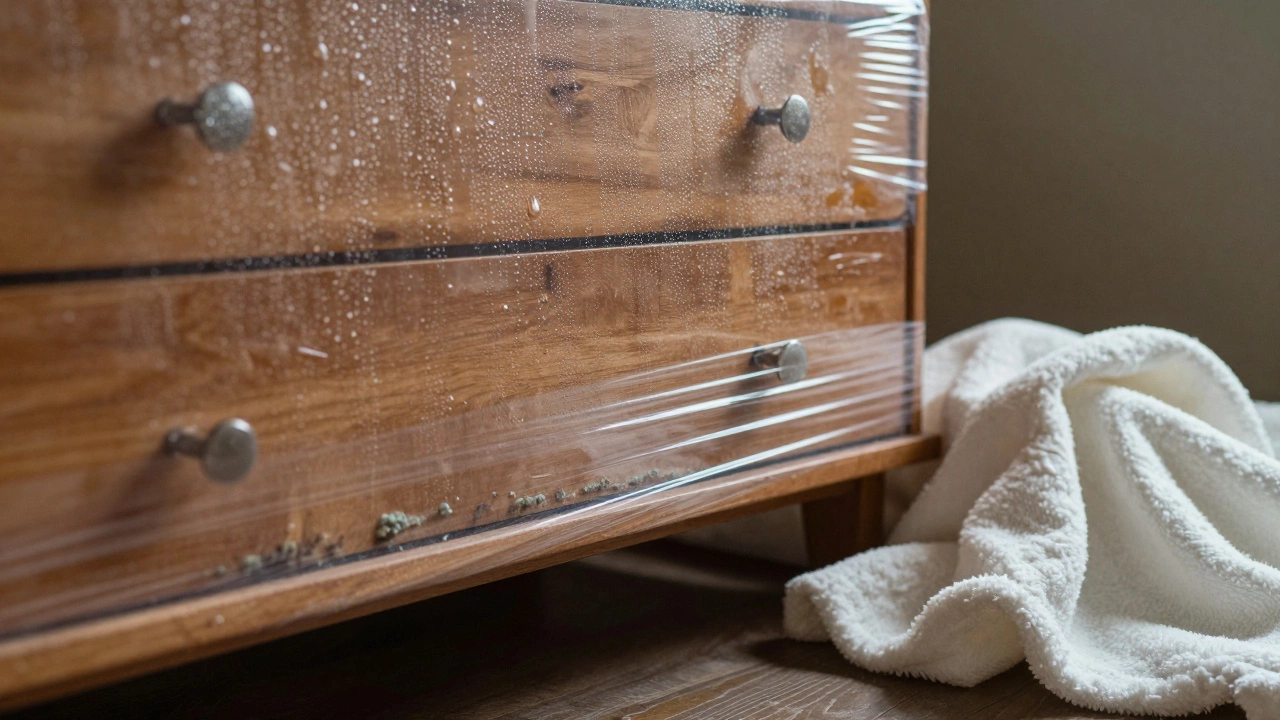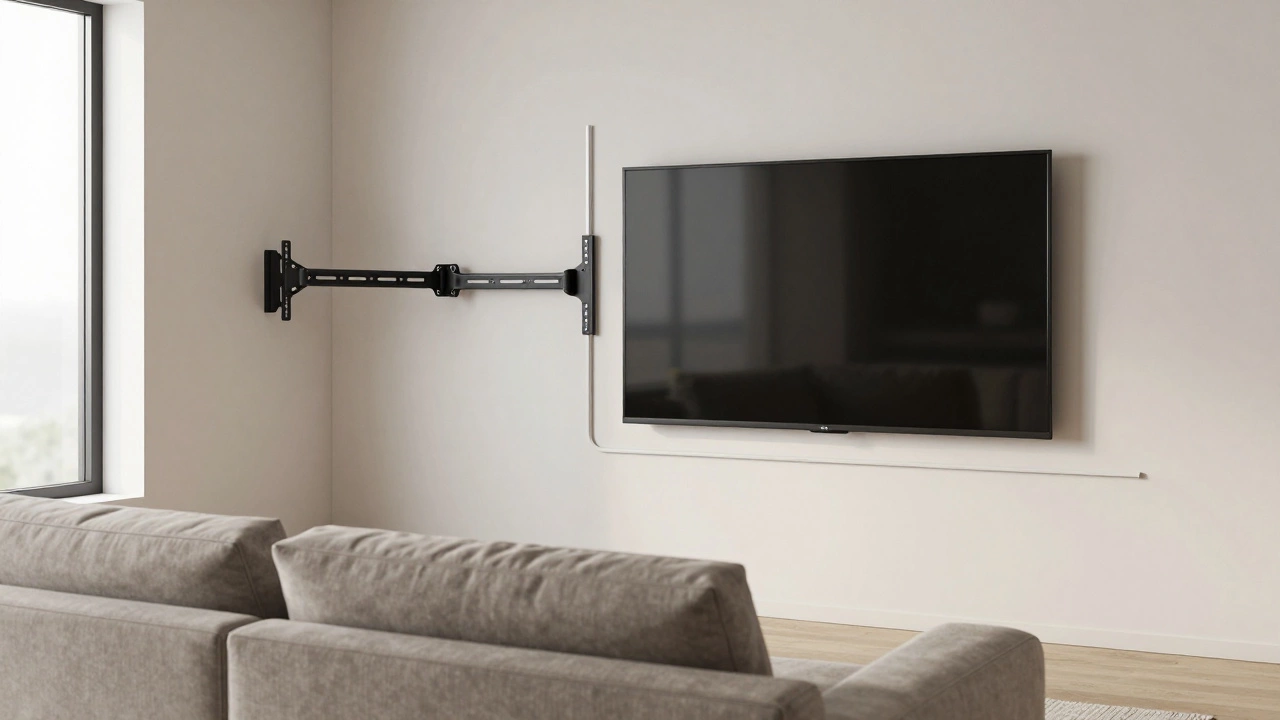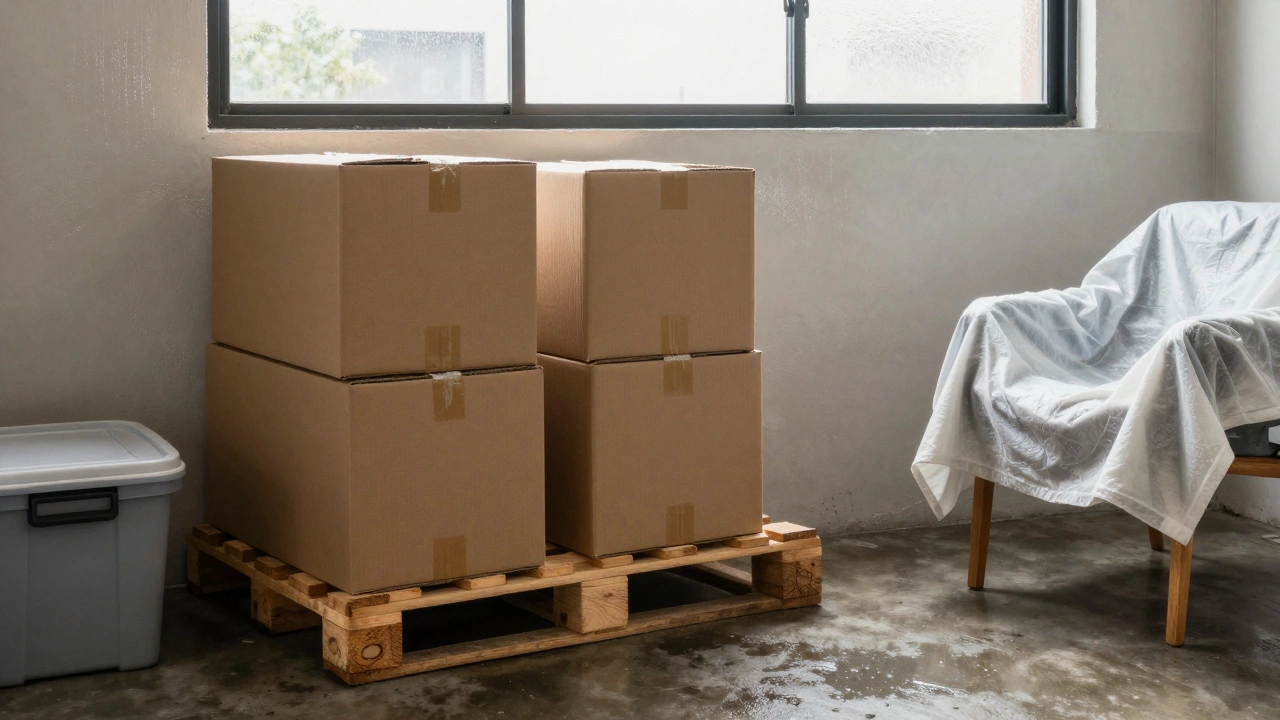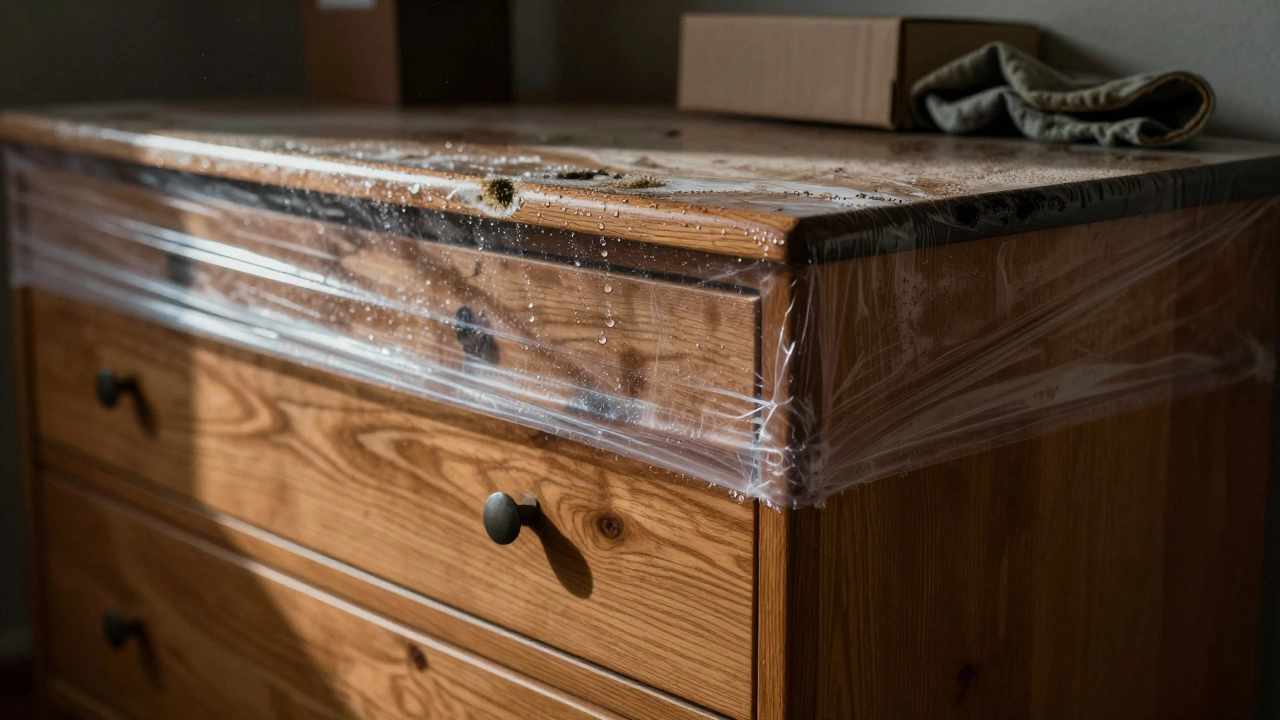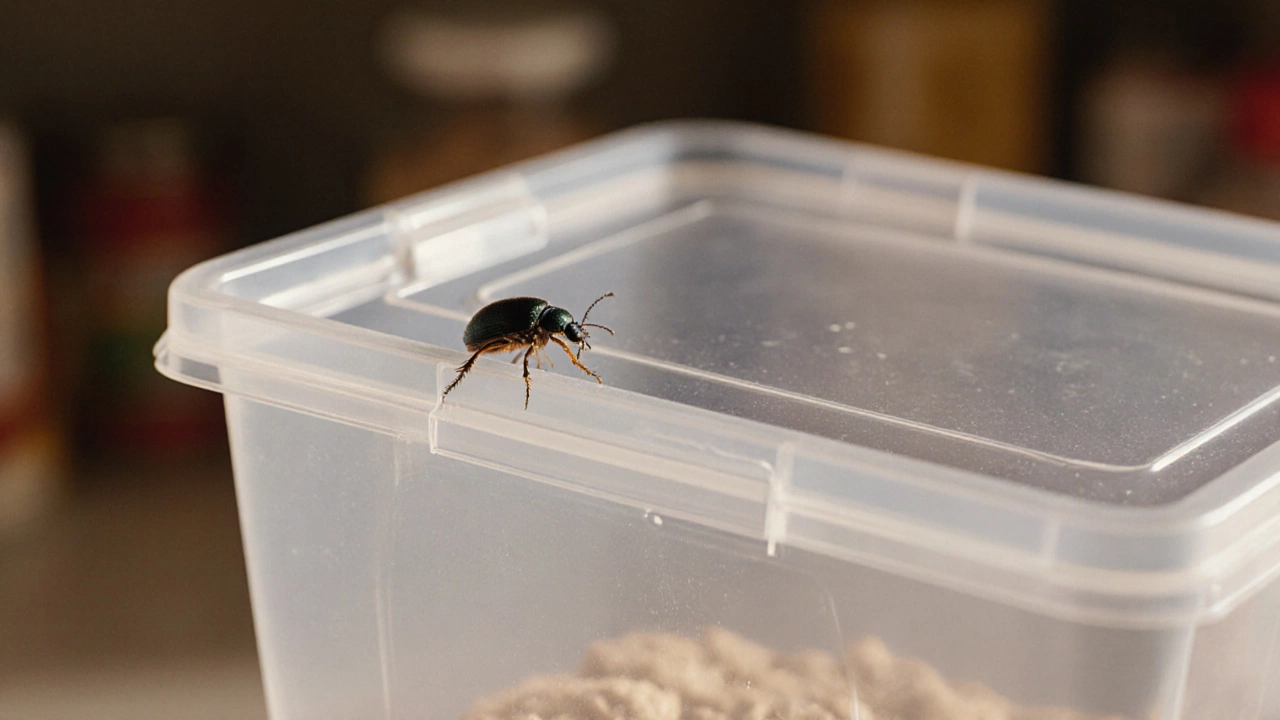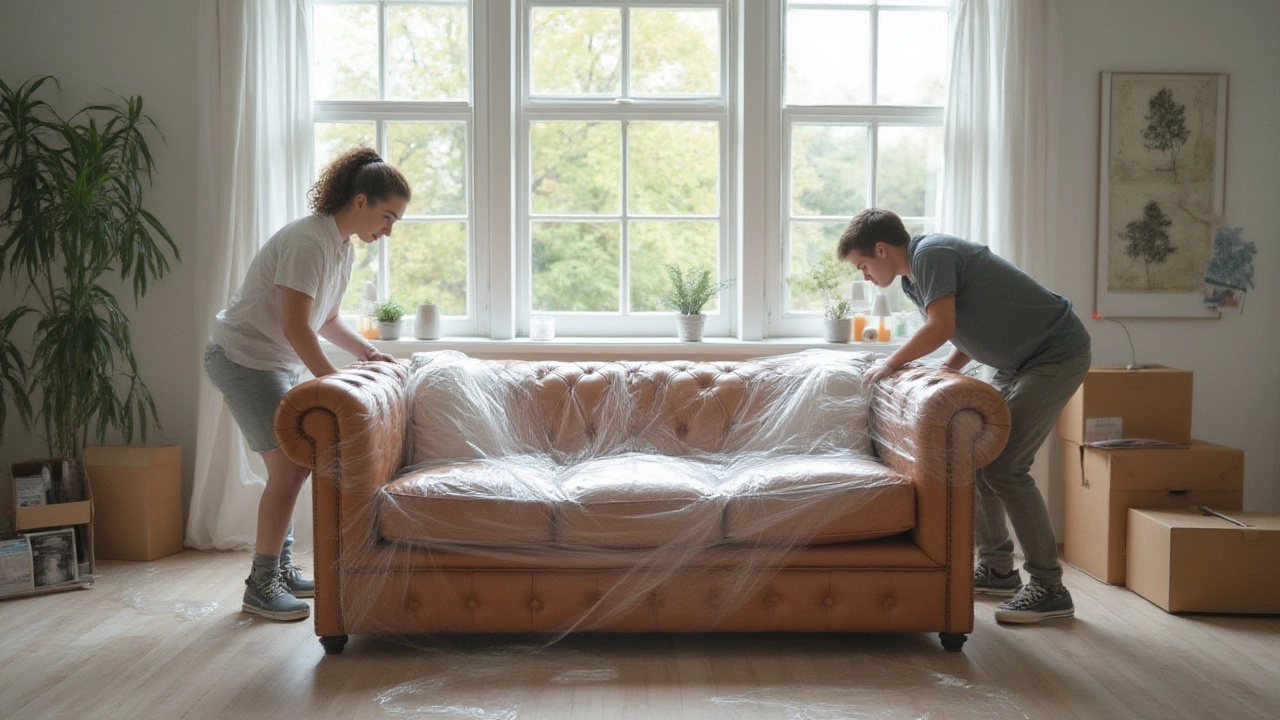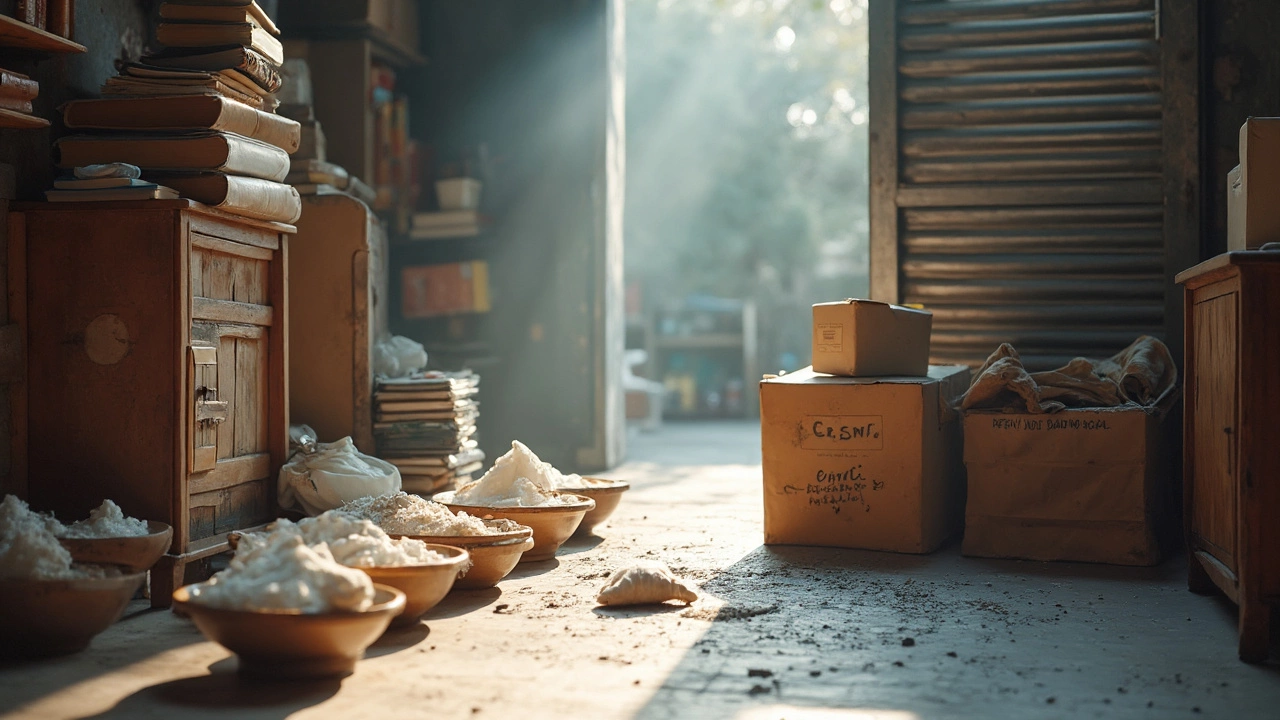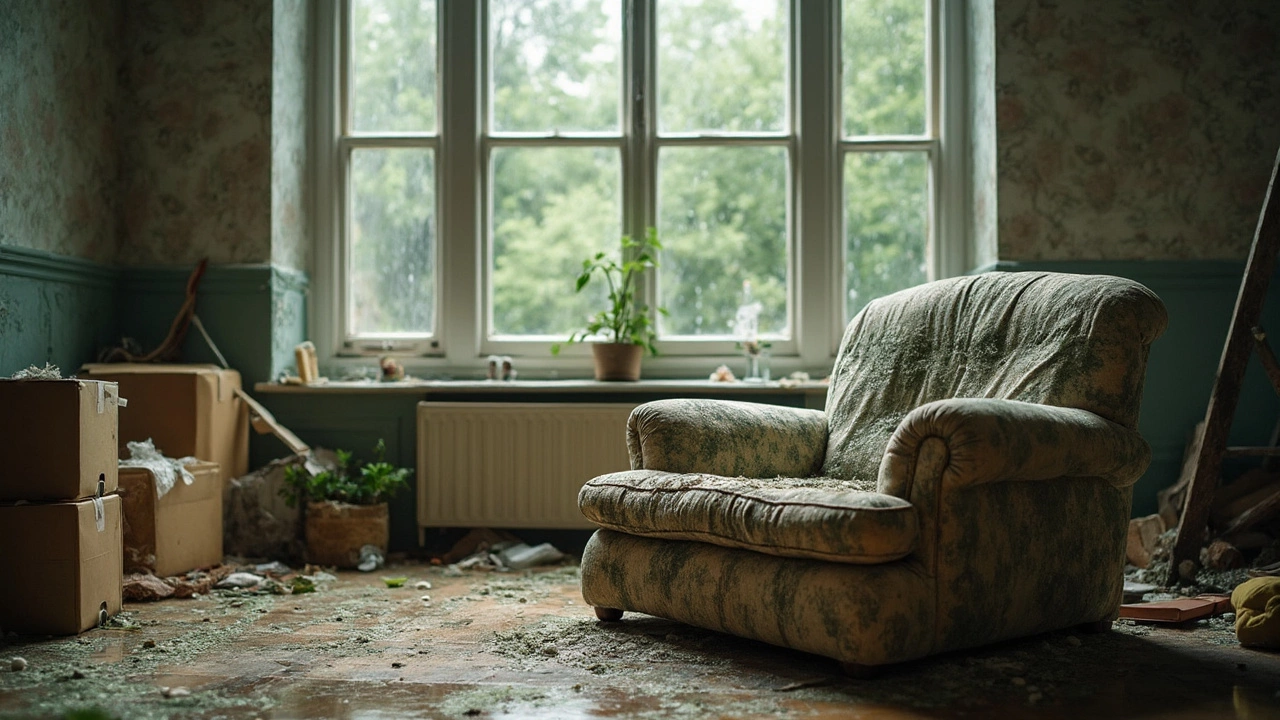Storage Tips for Furniture: Keep Your Belongings Safe and Fresh
If you’ve ever pulled a sofa out of a storage unit and found it musty, you know the frustration. The good news? A few simple steps can stop moisture, mold, and damage before they even start. Below you’ll find clear, hands‑on advice you can apply right away, whether you rent a climate‑controlled unit or stash a chest in your garage.
Protecting Furniture from Moisture
Moisture is the number one enemy of stored furniture. It sneaks in through humid air, rain leaks, or even the floor of a unit. First, choose a location with good ventilation. If you’re using a self‑storage unit, pick a spot away from exterior walls that tend to get damp.
Next, add a moisture absorber. Silica gel packs, charcoal briquettes, or commercial dehumidifier crystals work well and are cheap. Place a few of these in each box or on top of larger pieces. Replace them every few weeks if you’re storing for a long period.
Finally, wrap items in breathable material. Plastic wrap can trap humidity and cause mold, while moving blankets, cotton sheets, or specialized furniture covers let air circulate while still shielding against dust.
Smart Packing and Space Hacks
Space is often limited, especially in a 10x10 unit. Measure your biggest item first—usually a couch or dining table—and mark that spot on the floor. Then stagger smaller pieces around it, using the vertical space. Tall shelves, stacked boxes, and upright chairs can double your usable area.
When it comes to cushions and pillows, compress them in vacuum‑seal bags. This reduces bulk and protects fabric from dust. For wooden furniture, apply a thin coat of furniture wax to seal the surface before you wrap it. The wax creates a barrier that repels moisture.
Don’t forget the doors and drawers. Close them, but leave a small gap (about a quarter‑inch) so air can move. This tiny opening stops a sealed box from becoming a humidity trap.
If you’re storing in a garage, watch the temperature swings. Cold can make wood shrink and then expand when it warms, leading to cracks. Cover items with foam padding or moving blankets and keep them off the floor on pallets to avoid direct contact with cold concrete.
For long‑term storage, consider a shrink‑wrap job only if you have a professional machine. Home‑store shrink wrap often leaves gaps that let moisture in, and the heat can damage certain finishes.
Lastly, label everything. A simple “fragile – keep dry” sticker on each box reminds you and any movers to treat the items with care.
By combining moisture control with smart packing, you’ll keep furniture looking like new, no matter where you store it. Give these tips a try on your next move or seasonal clear‑out, and say goodbye to moldy surprises.
Should You Wrap Furniture in Storage? The Real Risks and Best Practices
Wrapping furniture in plastic for storage seems like a good idea-but it can actually cause mold, warping, and damage. Learn the right way to protect your furniture using breathable covers, climate control, and smart storage habits.
View moreWhat Can I Use Instead of a TV Stand? 10 Practical Alternatives
Looking for a TV stand alternative? Discover 10 practical, affordable options like wall mounts, floating shelves, dressers, and bookcases that save space and look great without buying a new stand.
View moreWhat Is a Closet vs. a Wardrobe? Key Differences Explained
Learn the real difference between a closet and a wardrobe - from structure and cost to mobility and best uses. Make smarter storage choices for your home.
View moreWhat to Put on the Floor of a Storage Unit: Practical Tips for Protection and Organization
Learn what to put on the floor of a storage unit to protect your belongings from moisture, pests, and damage. Simple, affordable solutions that actually work.
View moreIs It Safe to Store Furniture Wrapped in Plastic? What Experts Say
Storing furniture in plastic might seem safe, but it traps moisture and causes mold, warping, and finish damage. Learn why breathable covers and climate control are far better options.
View moreWhat to Cover Furniture in Storage: Best Materials and Methods
Learn what materials to use when covering furniture in storage to prevent damage from moisture, dust, and pests. Get practical tips for upholstered, wood, and metal pieces.
View moreCan Bugs Get Inside Storage Containers? Answers & Prevention Tips
Discover how bugs infiltrate storage containers, which container types resist pests best, and practical steps to keep your belongings bug‑free.
View moreIs It Safe to Wrap Furniture in Plastic for Storage? Pros, Cons & Smart Solutions
Unpack the truth about using plastic wrap on furniture—when it's smart, when it backfires, and how to keep your things safe.
View moreWill a Couch Fit in a 10x10 Storage Unit? Expert Tips & Space Guide
Wondering if your couch will fit in a 10x10 storage unit? Learn what fits, space-saving tips, and how to make the most of your storage rental. Get real answers here.
View moreBest Material to Wrap Furniture: Make Storage Stress-Free
Wondering about the best way to protect your furniture before moving or storing it? This article breaks down the most effective materials for wrapping furniture, from common choices to some handy secrets the pros use. You'll get tips on how to avoid scratches, dents, and dirt, plus learn what actually works and what just wastes your time. Real-life advice makes it easy to choose the right materials for every situation, whether it's short storage or a cross-country move. Less stress, more peace of mind for your stuff.
View moreMoisture Absorbers for Storage Units: What Actually Works?
Keeping moisture out of your storage unit isn’t just for neat freaks—it keeps your stuff safe from mold, mildew, and musty smells. This guide dives into what you can actually put in your storage unit to soak up unwanted dampness. You’ll get the basics on why humidity happens, which products and hacks get results, and even a few oddball tricks that might surprise you. Knowing these tips saves you money and stress down the road. Protect your books, clothes, and furniture without any guesswork.
View moreDoes Furniture Mold in Storage? Tips to Keep Your Stuff Safe
Ever wondered if your furniture can mold while sitting in storage? This article dives into what actually causes furniture to get moldy, which types are most at risk, and the signs you might miss until it’s too late. Don’t let your favorite chair or couch turn into a health hazard—learn how to pack and protect your stuff for the long haul. Whether you’re storing things in a unit or at home, a few small changes can make all the difference. Find out exactly what you need to do to avoid headaches (and nasty smells) down the road.
View more